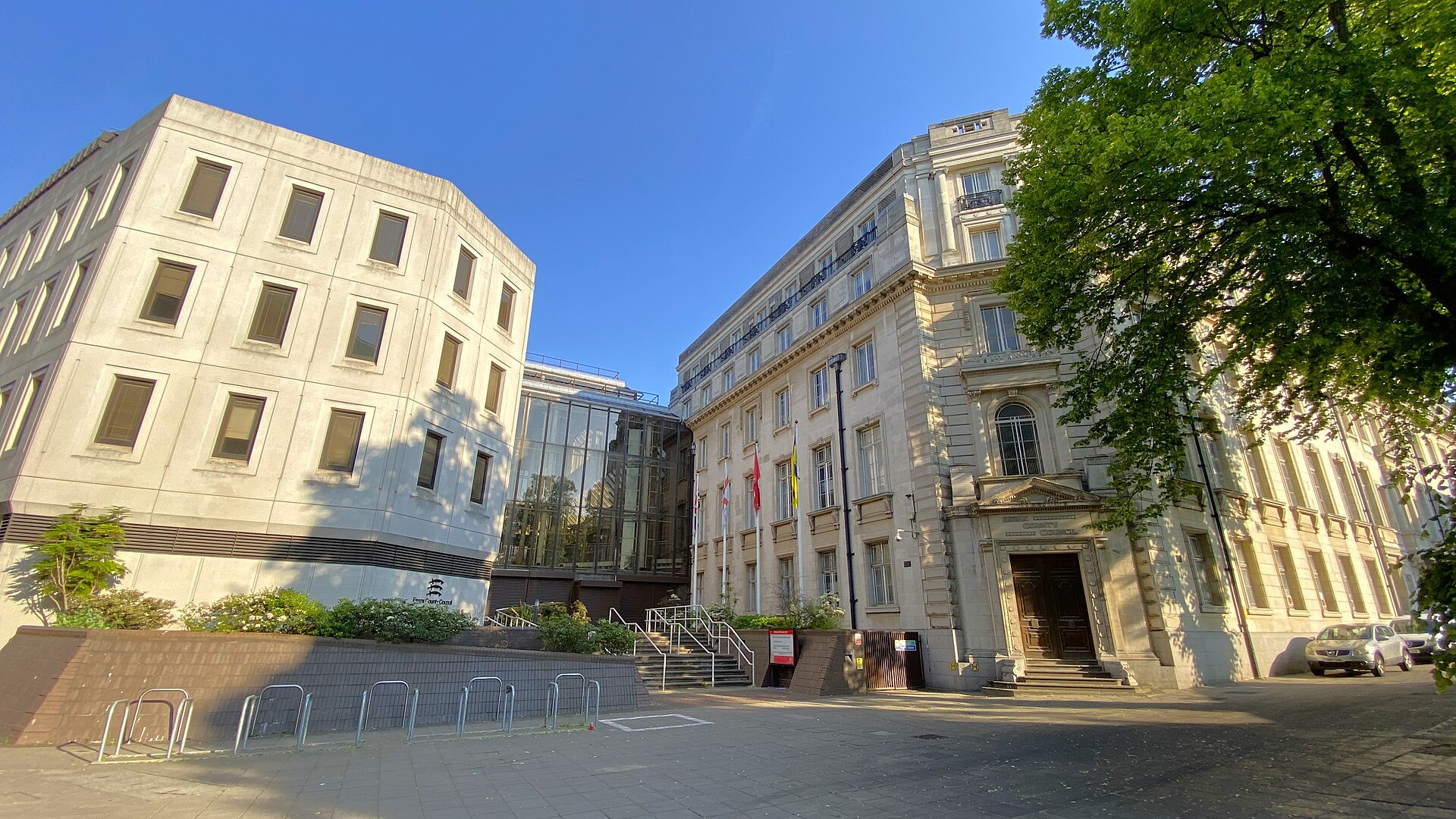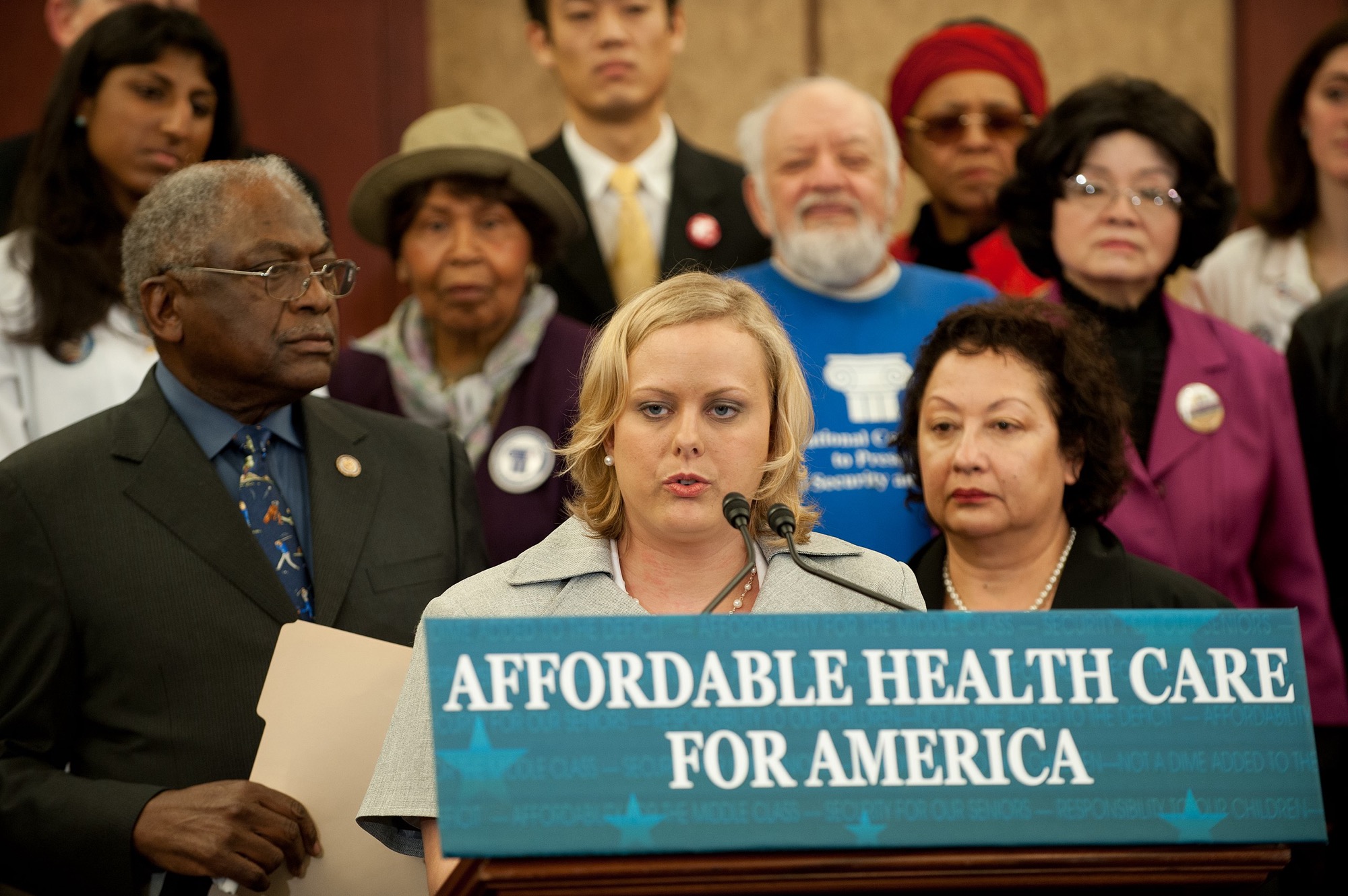Our resources thrust participants into the heart of real-world scenarios, from crisis management in the UK during the Covid-19 pandemic to cross-party education reform in Brazil.
Many of our resources are available on The Case Centre distribution platform. Educators who are registered with the site can access free review copies of our case studies, teaching notes, and other materials.
To inquire about our other cases or background materials, please contact us at casecentre@bsg.ox.ac.uk.
Paying for success? Commissioning outcomes for children’s social care in Essex
In 2011, Essex County Council’s (ECC) children’s social care service was in serious need of reform, having received multiple ‘inadequate’ ratings from Ofsted, the UK regulator. To improve its effectiveness, ECC hoped to introduce new preventative measures to keep children out of care and at home with their families when it was safe to do so. But amid public-funding cutbacks, ECC had severely limited resources to trial new approaches.
In light of these constraints, ECC was considering an alternative funding model called a social impact bond (SIB): private investors would fund a new intervention upfront, and ECC would repay the investors (plus a return) only if the intervention achieved specified, pre-agreed social outcomes. Specifically, a proposal from a social investment organisation suggested that a SIB could fund Multisystemic Therapy (MST), a licensed, evidence-based programme designed in the US to help at-risk youth remain at home with their families. The ECC had to assess the mixed evidence available on the effectiveness of MST, and consider the trade-offs of using a SIB, which had not yet been used in children’s social care nor at the local-authority level.
- Assess the benefits and limitations of using evidence in public policy decision making;
- Examine outcomes-based commissioning and paths for cross-sector partnerships.
The future of taxation: opportunities for the 2020s
Between 1980 and 2019, the level and sources of taxes in OECD countries remained roughly constant. But this apparent stability concealed serious threats to the nature of public finance, with public expenditure rising, and traditional sources of taxation (labour income and consumption) transformed by emerging technological and social phenomena. This background note explores the challenges facing traditional tax models and highlights two new, yet controversial, policy ideas: taxing automation and global wealth.
In the forty years to 2019, the level and sources of taxes in OECD countries had remained roughly constant. However, this apparent stability had concealed serious threats to the nature of public finance. First, public expenditures had grown over that same period, particularly following the 2008-09 global financial crisis. Second, traditional sources of taxation, namely taxes on labour income and consumption, which together accounted for about 85% of tax revenue, were coming under threat by a number of emerging technological and social phenomena, including advancements in job-replacing automation; a growing gig economy; greater cross-border e-commerce; an ageing population; and an increasing concentration of wealth. All of these changes suggested the need for a fundamental redesign of the tax system.
This background note, written for non-tax experts, explores how these phenomena challenge the legacy approaches used to tax labour and capital. It discusses ways to rethink tax systems for the 2020s and beyond, with a particular look at two bold, yet controversial, new policy ideas: an automation tax and a tax on global wealth.
- Understand the assumptions underlying optimal tax policy in neoclassical economics and the challenges involved;
- Appreciate the challenges of developing alternative models of taxation;
- Work with other stakeholders to negotiate and present an alternative tax policy.
Healthcare in Halcyon
In 2017, healthcare in the United States was regulated by the Affordable Care Act (ACA). The ACA mandated all individuals to have health insurance or pay a penalty. While millions of people across the United States gained health insurance as a result of the ACA, the insurance market in many states was tenuous. Further, many Americans viewed the ACA as an unnecessary government intrusion on individual rights.
In the context of a fictional US state, this case explores the factors that contributed to the failure of the healthcare market. It explores new insights derived from behavioural economics to increase consumer choice, boost coverage, and lower overall costs of healthcare.
Co-authored with Karen Croxson
- Understand market failure and its sources;
- Assess government responses to market failures;
- Illustrate barriers to implementation.




